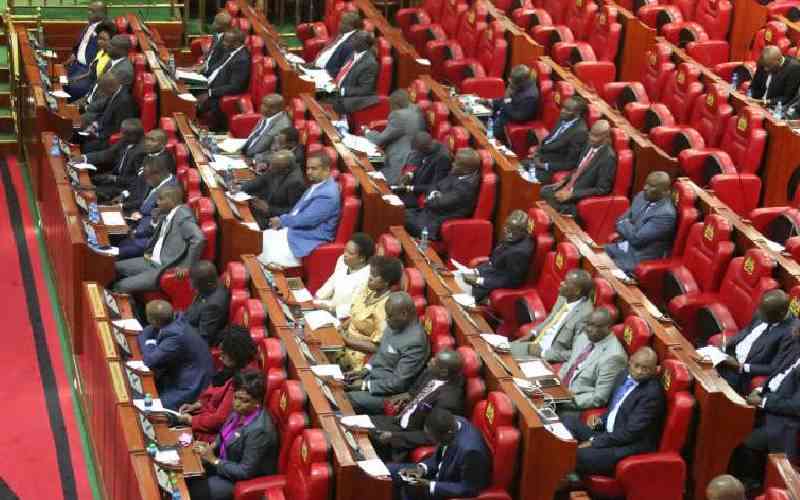×
The Standard e-Paper
Join Thousands Daily

A significant provision in the Constitution not oft spoken about is the declaration that Kenya shall be a multi-party democratic state, founded on the national values and principles of governance referred to in Article 10.